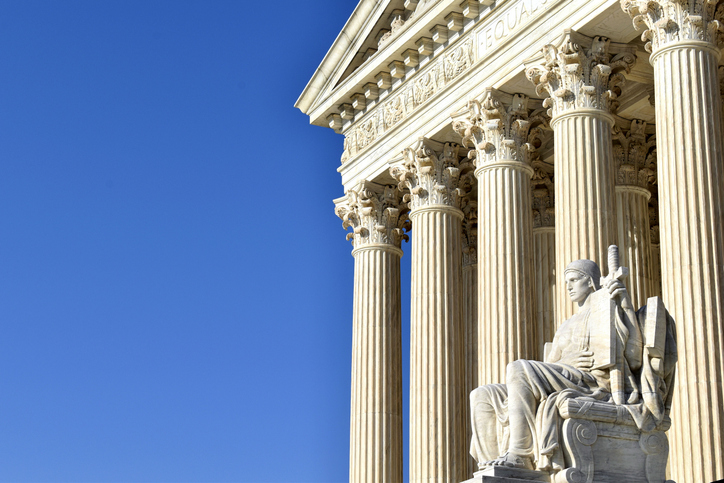U.S. Is Said to Consider Easing Informant’s Term
By LYNNLEY BROWNING
The Justice Department is weighing whether to ask a federal judge to reduce the jail sentence of a former UBS banker who was a main figure in a wide-ranging tax evasion case against wealthy American clients, a person briefed on the matter said.
On Friday, the former banker, Bradley C. Birkenfeld, is scheduled to begin a jail term of three years and four months, several years after he began revealing the details of secret offshore private banking accounts set up by UBS to help clients avoid taxes.
A legal motion filed last week by Mr. Birkenfeld’s lawyers asked Judge William J. Zloch of Federal District Court in Fort Lauderdale to postpone the start of his prison term, saying that he was ready to further cooperate with the authorities in their pursuit of tax cheats.
Prosecutors are weighing the request, according to a senior government official briefed on the matter.
“Anything he can provide to us that he hasn’t in the past, in particular with regard to foreign governments, would factor into our decision” on whether to issue a request for leniency, this person said, speaking on the condition of anonymity because he was not authorized to speak publicly about a pending criminal matter.
Charles T. Miller, a Justice Department spokesman, declined to comment on the case.
Federal prosecutors had recommended some leniency when Mr. Birkenfeld was sentenced last August, citing his partial cooperation with the Justice Department. But in court records, prosecutors said he had withheld certain information.
Lawyers for Mr. Birkenfeld, an American who lived in Switzerland for nearly 15 years, contend that he is a whistle-blower and should be celebrated rather than treated as a criminal. They are seeking a large reward under federal whistle-blower laws.
Partly as a result of the information he provided, UBS, the largest bank in Switzerland, admitted to conspiring to defraud the Internal Revenue Service and agreed to pay $780 million to settle a sweeping federal investigation into its activities. The bank also agreed to disclose to American authorities the names of 4,450 wealthy Americans suspected of dodging taxes through secret offshore accounts. Unlike in the United States, tax evasion is not a criminal offense under Swiss law.
In his first public interview, Mr. Birkenfeld appeared on “60 Minutes” on Sunday evening, saying he was instrumental to tax authorities after he broke the traditional silence surrounding Swiss private banking.
“I gave them the biggest tax fraud case in the world. I exposed 19,000 international criminals. And I’m going to jail for that?” he asked. He said that 90 percent of his clients evaded taxes and disclosed that UBS forbade online banking for its offshore American clients because of the risk of being detected by the authorities.
During the segment, Thomas J. Perrelli, the associate attorney general of the United States, acknowledged that Mr. Birkenfeld’s disclosures had helped the authorities get “the accounts that are the core of the fraud.” He also said the Justice Department came close to indicting UBS over its initial refusal to turn over client names. “We had a strong case for criminal prosecution if we couldn’t resolve it, and that was where it was headed,” he said.
But the Justice Department remains upset that Mr. Birkenfeld did not disclose enough details about his top client, Igor Olenicoff, an American billionaire and property developer. (Yet the government had rejected Mr. Birkenfeld’s offer to wear a wiretap when talking to clients.)
“If he had come forward and told us everything that he knew” in 2007, when he first approached prosecutors, “we think it’s likely he wouldn’t have been prosecuted,” Mr. Perrelli said in the segment. Mr. Birkenfeld’s lawyers dispute the contention that their client did not provide information on Mr. Olenicoff.
Mr. Birkenfeld also revealed the ways bankers helped wealthy clients. When asked why he had violated customs laws by transporting diamonds concealed in a toothpaste tube as a favor to a client, he replied, “Oh, it was just a way of carrying them so I wouldn’t lose them.
A version of this article appeared in print on January 4, 2010, on page B2 of the New York edition.
Latest News & Insights
October 16, 2024



